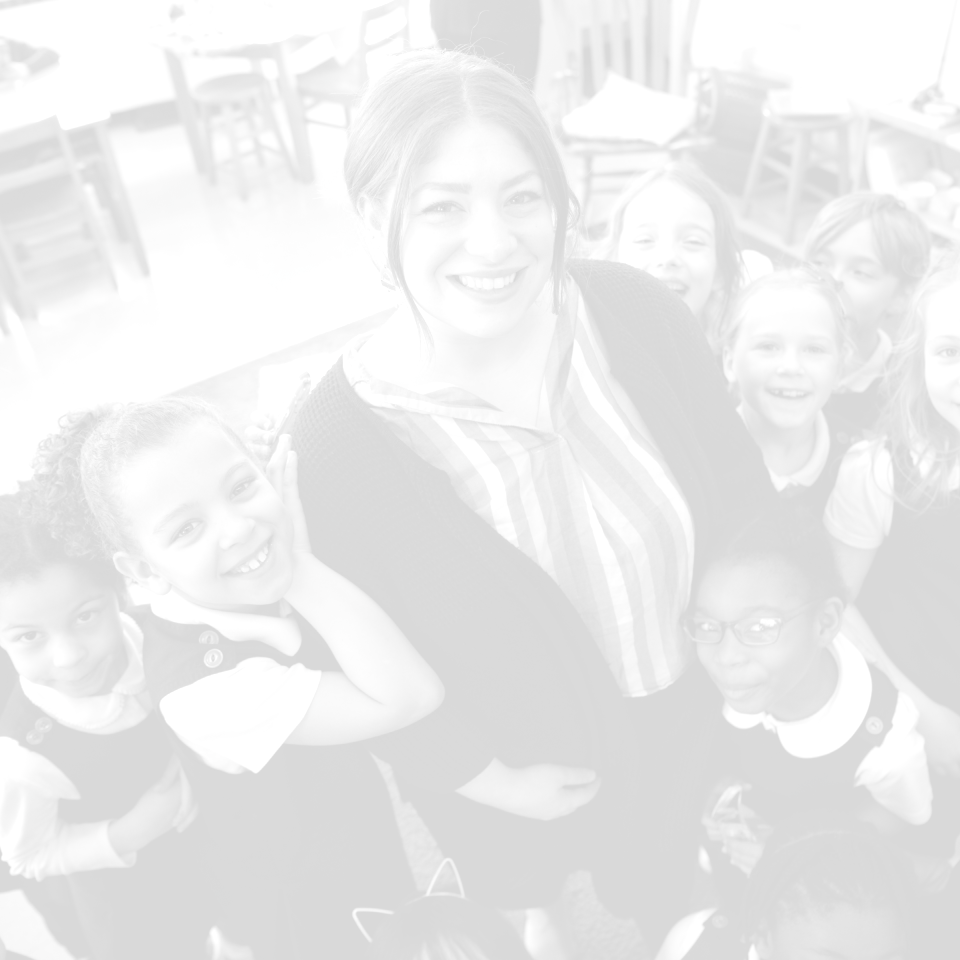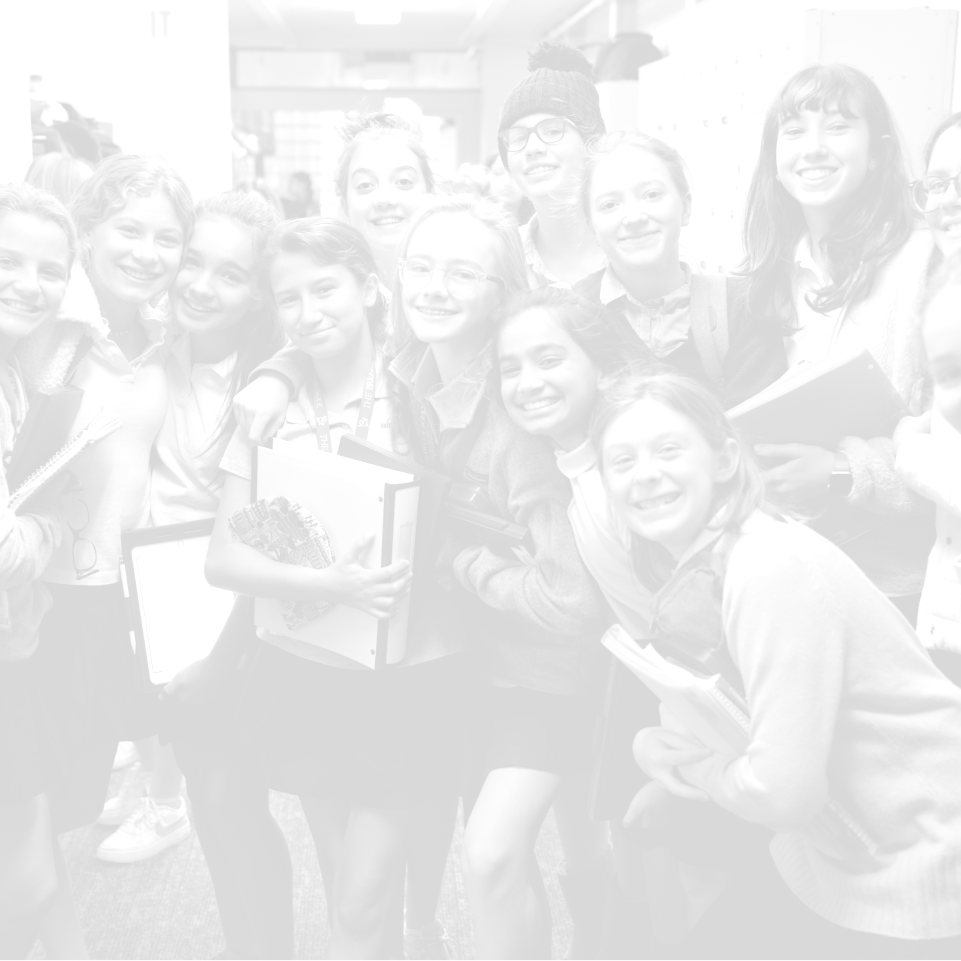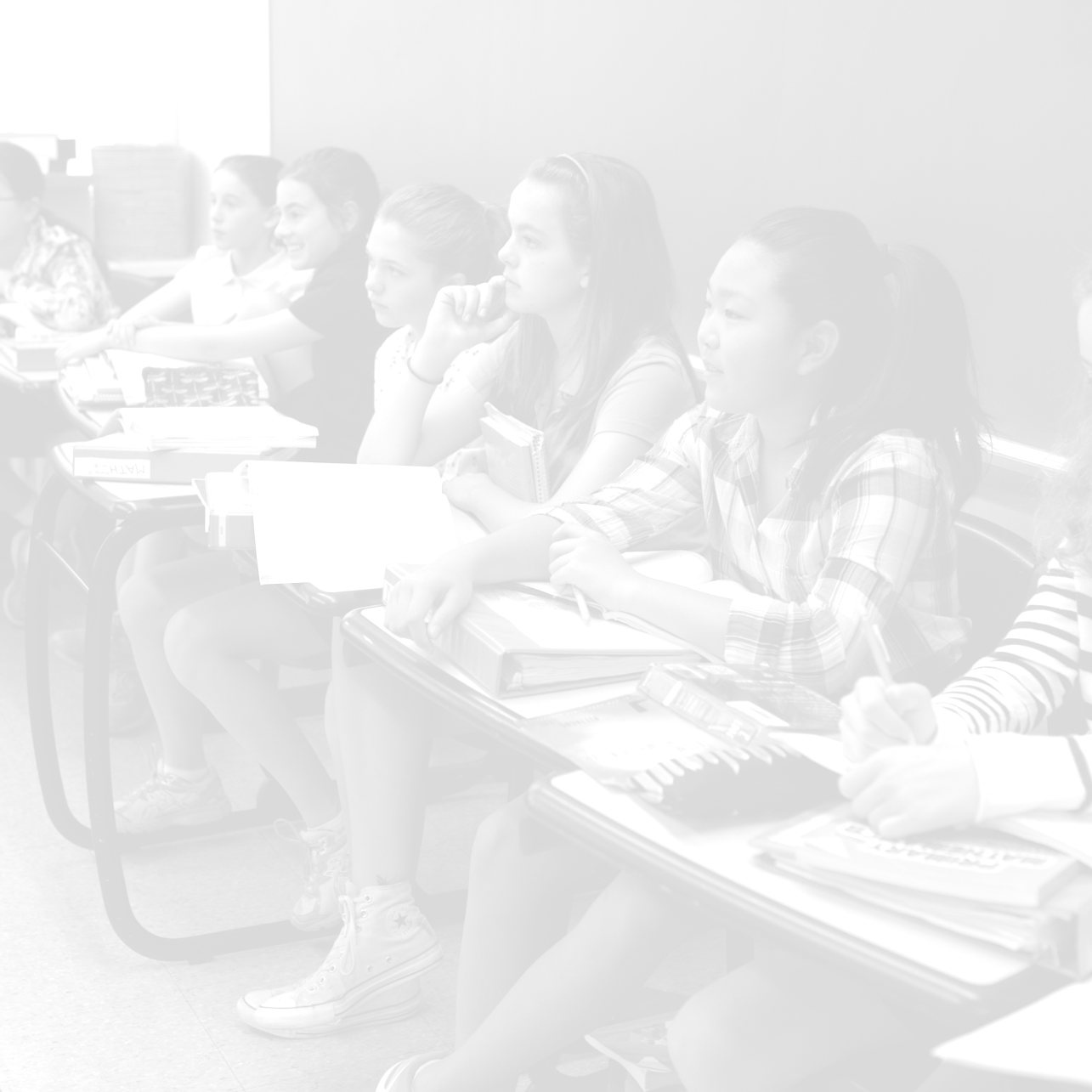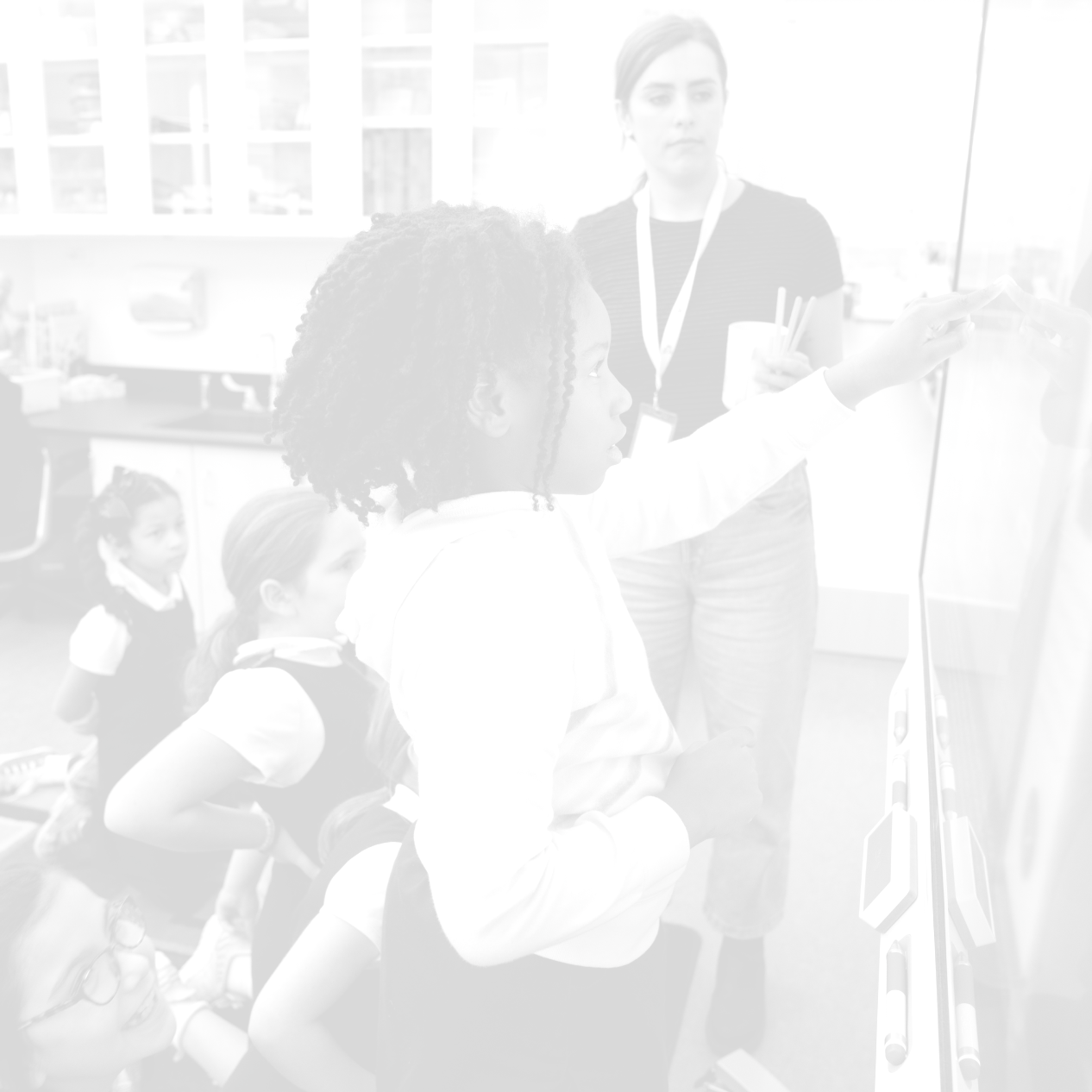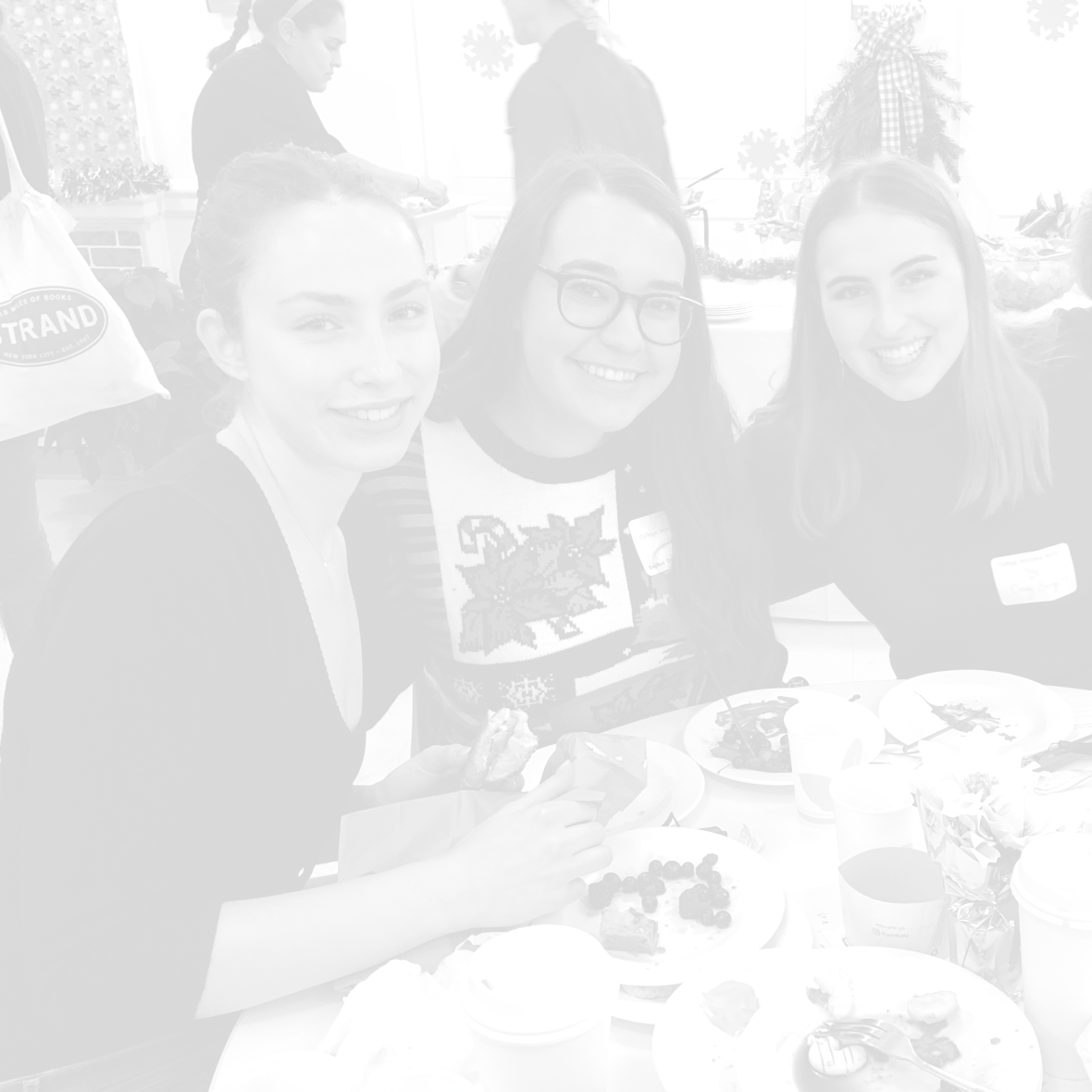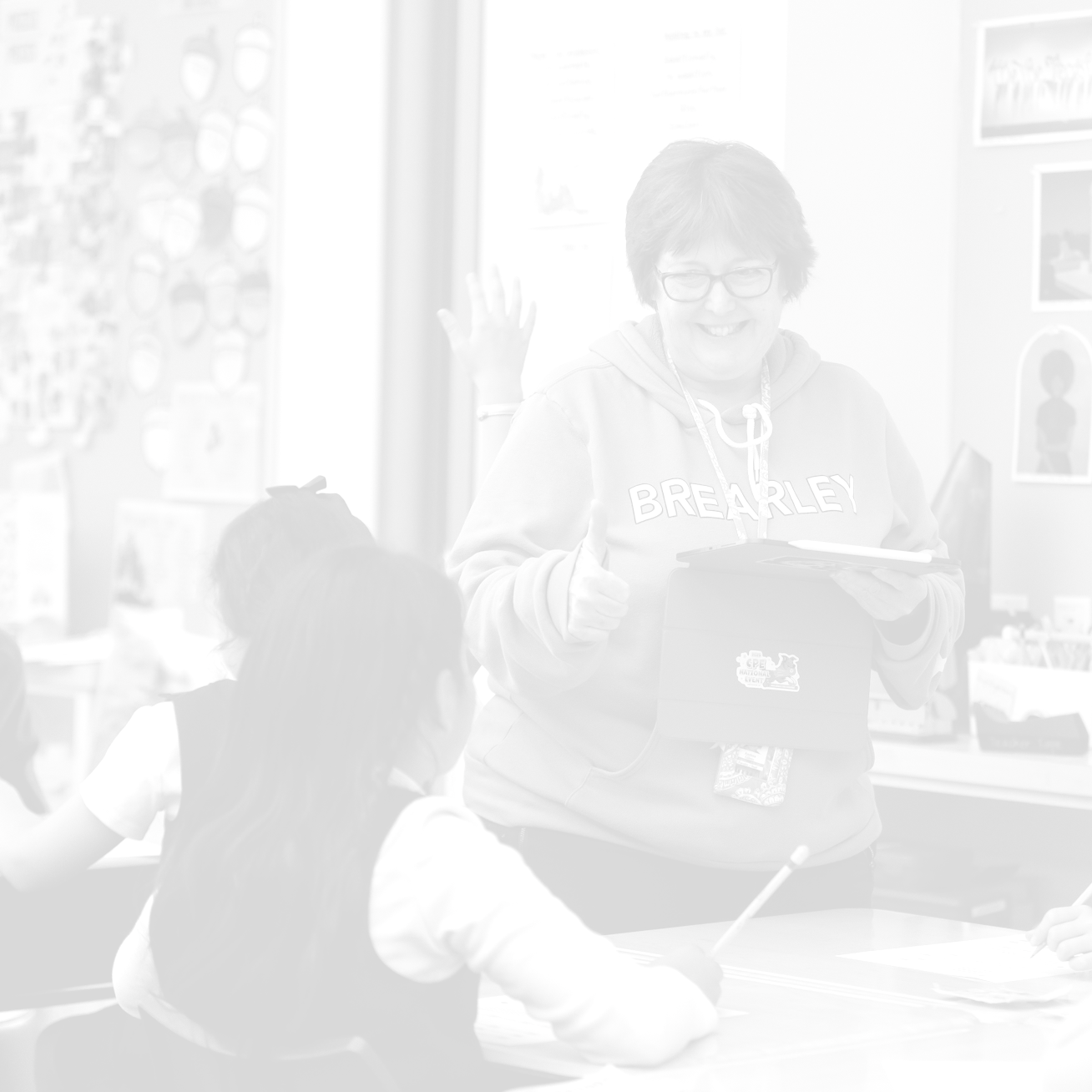Learning and Teaching From the Heart
As Head of School, I have the privilege of engaging with all members of the Brearley community. That privilege also extends to shepherding the School through difficult times. Two teachers I find to be helpful in these moments are Rabbi Dr. Ariel Burger and writer Parker Palmer, both contributors to the Global Oneness Project.
In his essay, “Learning and Teaching From the Heart During Troubling Times,” Rabbi Burger talks about the importance of balancing “moral ferocity with humility and tenderness.” He learned this from his mentor, the Holocaust survivor and Nobel Laureate, Elie Wiesel. Burger writes:
As a teacher, Professor Wiesel believed in the power of literature, of the study of history and the history of ideas, to make a difference in the lives of students, and in the destiny of humankind. ‘My goal as a teacher’, he often said, ‘is to humanize, to sensitize.’ He told his students, ‘Whatever you learn, remember: the learning must make you more, not less, human.’
He also said, ‘I always teach with an open heart. Not just for moral reasons, but for pragmatic ones—a teacher’s open heart makes it possible for students to open their hearts as well.’
Students have many questions for the adults in their lives right now. The older the student, the more likely it is that their questions bend toward the intellectual after witnessing events that defy explanation. Their impulse is to name the atrocity in an effort to categorize it. Then, they want to solve the problem posed by it. How do we explain that the latter is likely an impossible task? That acts of hatred or violence can never fully be understood, and that the challenge lies in holding two conflicting truths at once—that horrendous events happen and that they are unthinkable.
It is also important to remember that behind those intellectual questions are students’ hearts, which are open not just to their own suffering, but also to that of others. In my experience, this is one painful but important way children build their sense of humanity. When they can empathize, they can deepen their emotional capacity.
In an interview between Rabbi Burger and Palmer entitled “Turning to Face the Dark”, Palmer says:
I think there are two ways for the heart to break. It can break into a thousand shards and explode like a fragment grenade, often getting hurled at the ostensible source of the pain as it explodes. Or it can break into largeness. You can take your heartbreak and use it to become a bigger, better person.
Adults play a meaningful role in this painful but necessary growth, not because we have all the answers, but precisely because we do not. We set an example for our children by encouraging them to ask questions and to connect with what they feel in that learning process—be it anger, frustration, fear or sadness—and to demonstrate empathy. It is our responsibility to tell them that we, too, wrestle with the impossibility of the world,and that this struggle is part of what it means to be human.
